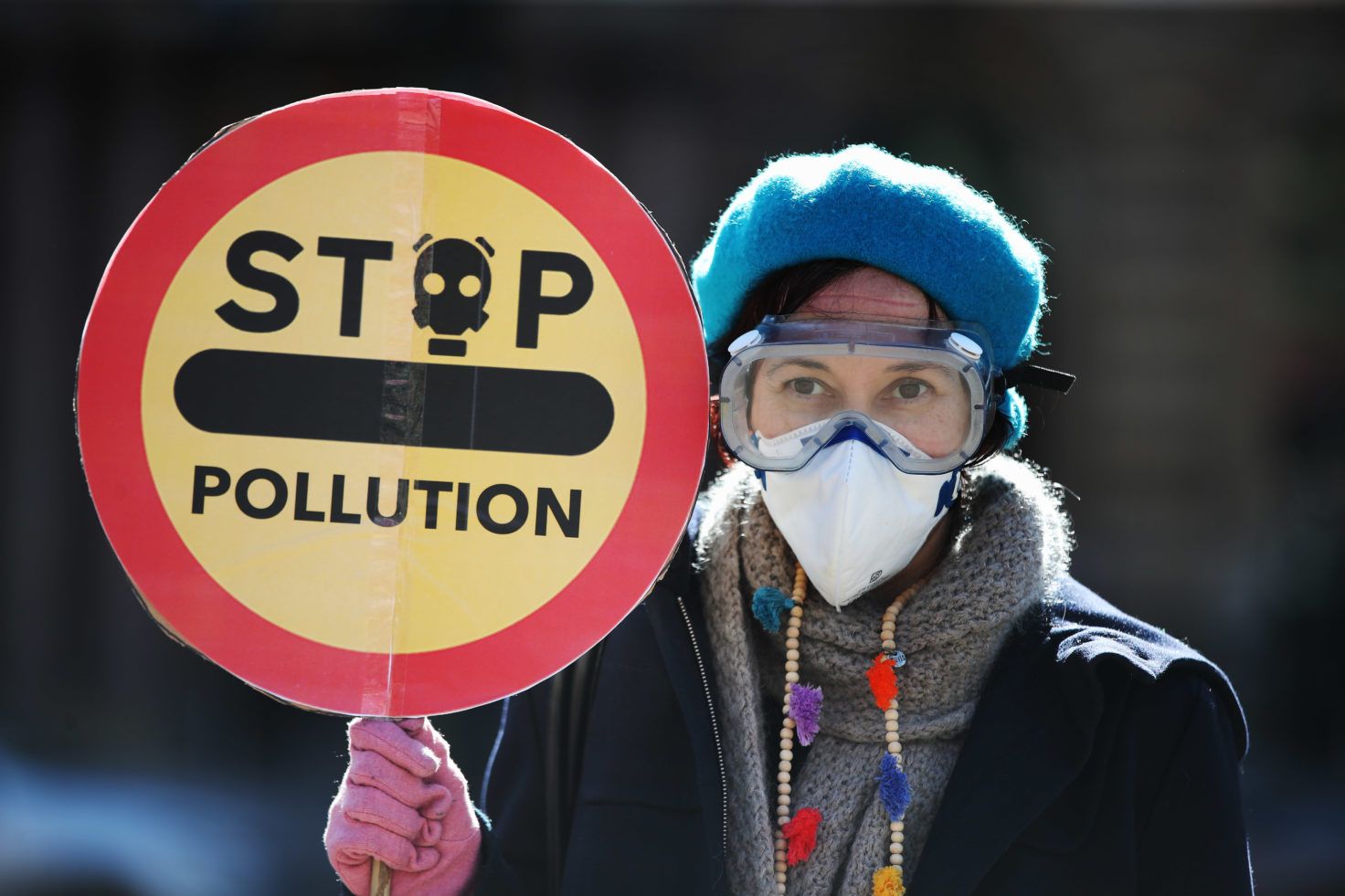
MSPs weaken plans to tackle air pollution
Environmental campaigners have warned that MSPs’ have today seriously weakened the Low Emission Zone plans and undermined their ability to tackle air pollution. MSPs on the Rural Economy Economy and Connectivity Committee passed a series of amendments during Stage 2 of the Transport Bill which set out the provisions for Low Emission Zones in Scotland.
There are to be 4 zones initially, in Glasgow, Edinburgh, Dundee, and Aberdeen. Various amendments were passed which relate to the length of ‘grace periods’ – the speed of the implementation of the LEZ – the powers of a local authority to suspend or revoke their Zone, and the exemptions for various vehicles, such as funfairs, and the oldest cars on the road.
Friends of the Earth Scotland’s Air Pollution Campaigner Gavin Thomson, said:
“We welcome the legal basis for creating Low Emission Zones, but the decisions taken today by MSPs don’t take air pollution seriously. There is a public health crisis and a climate emergency that need to be urgently addressed through improvements to how we travel around. But this Bill falls far short of doing what the health and scientific evidence shows us is needed.
“Politicians today secured exemptions for dirty old trucks but failed to ensure that children in every part of Scotland are properly protected from toxic traffic pollution.”
“The Zones will be introduced very slowly, with long grace periods, with the Zones potentially not fully in place until as late as 2026. To put that length of time in perspective, 20,000 people could die prematurely in Scotland because of air pollution from traffic in the next 8 years. Every year that politicians delay means another year of young people’s development damaged by by toxic traffic fumes.”
“Amendments also mean further, unspecified, exemptions can be set by local councils, meaning we could be left with inconsistent, confusing LEZs for people in different places. The Zones can now be suspended at the whim of a local authority, with no oversight from Ministers and the public get no say.
“The REC Committee have missed a real opportunity to create Low Emission Zones that genuinely protect people’s health. Fortunately, the BIll can still deliver clean air in the final stage of the Bill when every MSP will be voting. It is vital that Low Emission Zones are effective, don’t get bogged down in confusing exemptions and are implemented with the urgency the air pollution crisis deserves.
NOTES TO EDITORS
1. Friends of the Earth Scotland estimate that 2500 people die early each year from air pollution in Scotland alone: https://foe.scot/press-release/new-research-means-2500-deaths-a-year-in-scotland-are-from-air-pollution/
Air pollution at levels seen on Scottish streets, has been linked with :
– Respiratory illness including asthma and COPD
– Heart attacks and strokes
– Low birthweight and delayed development in babies whose mothers have been exposed
– Poor lung development in children
– Dementia
– Children, the elderly, people with pre-existing health conditions, and sick are disproportionately affected by air pollution.
– (for more, see the Royal College of Physicians’ 2016 report, “Every Breath we Take: The lifelong impact of air pollution”: https://www.rcplondon.ac.uk/projects/outputs/every-breath-we-take-lifelong-impact-air-pollution)
2. LEZs were first proposed in 2015. The SNP 2016 Scottish Election manifesto promised a Low Emission Zone by 2018. The Glasgow SNP promised an LEZ for the city in their 2017 Council Election manifesto. In September 2017 the Government confirmed the first LEZ would be in Glasgow and there there would be further Zones in Aberdeen, Dundee and Edinburgh by 2020.
3. Friends of the Earth Scotland’s initial submission to the Rural Economy and Connectivity Committee on the Transport Bill: http://www.parliament.scot/S5_Rural/Friends_of_the_Earth_Scotland_TB.pdf
4. Friends of the Earth Scotland is
* Scotland’s leading environmental campaigning organisation
* An independent Scottish charity with a network of thousands of supporters and active local groups across Scotland
* Part of the largest grassroots environmental network in the world, uniting over 2 million supporters, 75 national member groups, and some 5,000 local activist groups.
